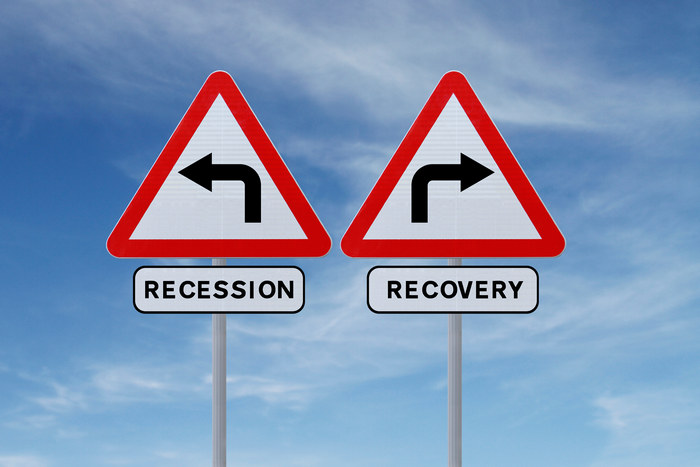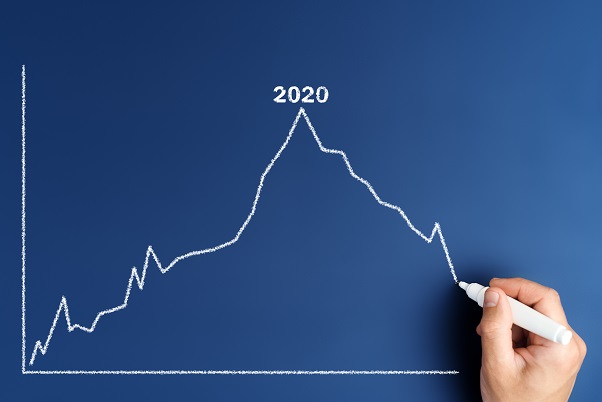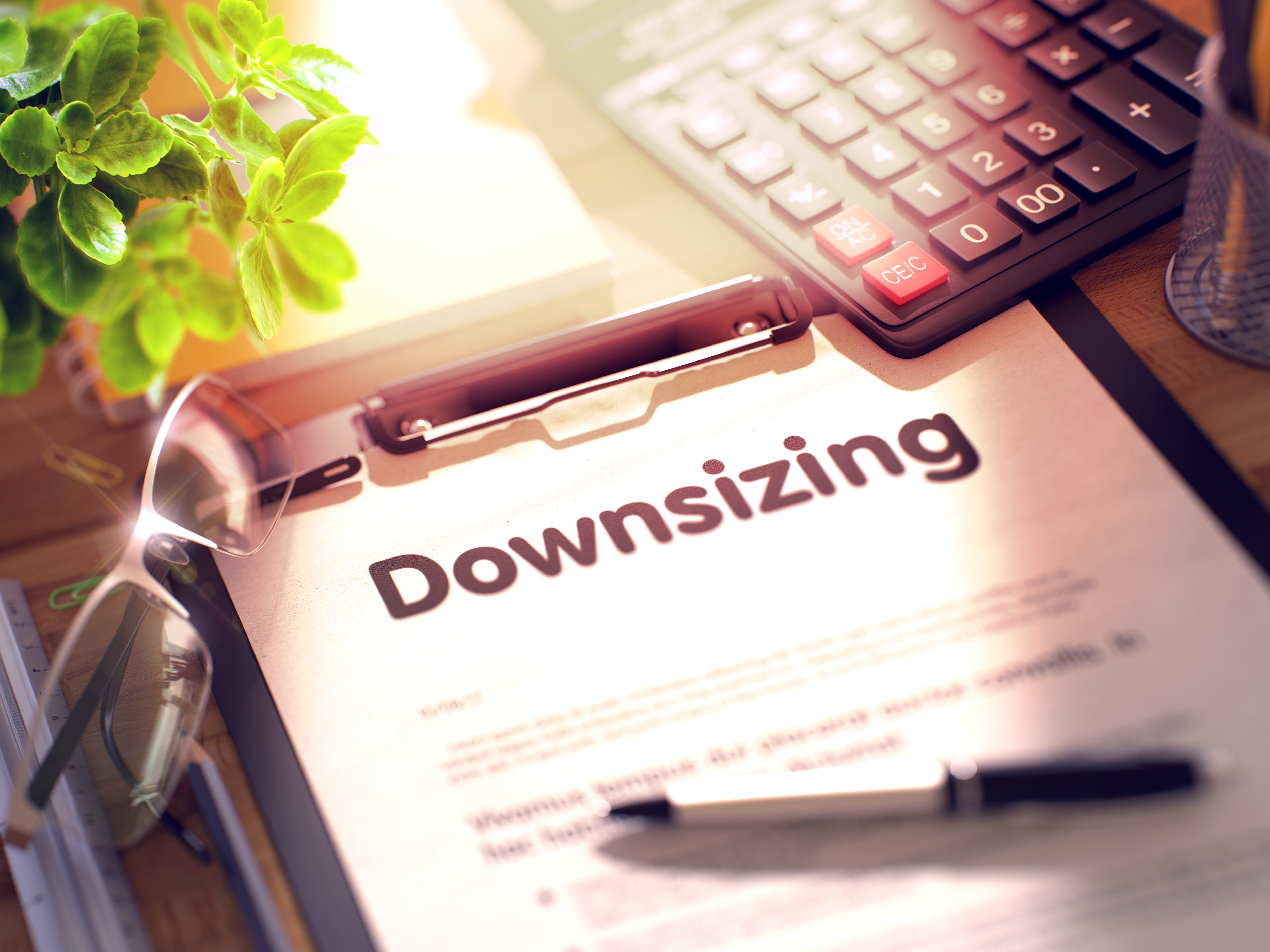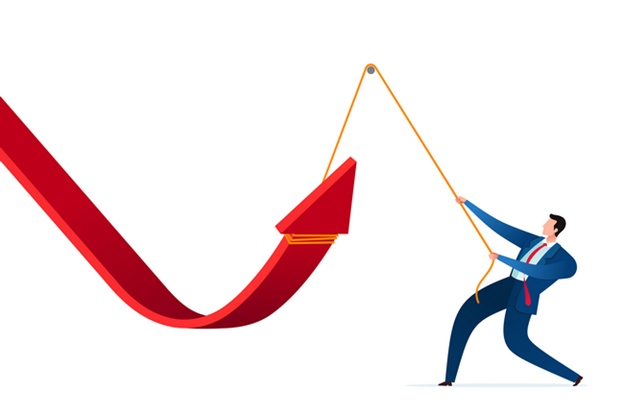Executive Summary: Tariffs, particularly those on imports from key trading partners like Canada and Mexico, can have a far-reaching impact on U.S. businesses and the economy. While they may provide some protection for domestic industries, they also introduce significant challenges including higher costs, disrupted supply chains, and the need to make difficult decisions on pricing and profit margins. The ripple effects of tariffs can stretch across the broader economy, influencing consumer behavior and currency strength. Navigating these challenges successfully often requires the expertise of a CFO who can help businesses adapt, manage risks, and maintain financial health in an ever-changing economic landscape.
_________________________________________________________________
With tariffs being recently imposed on U.S. imports from Canada and Mexico, it is important for business owners to understand the risks to their business, both directly and on the economy at large, and how engaging with a skilled financial leader may help minimize the impact.










